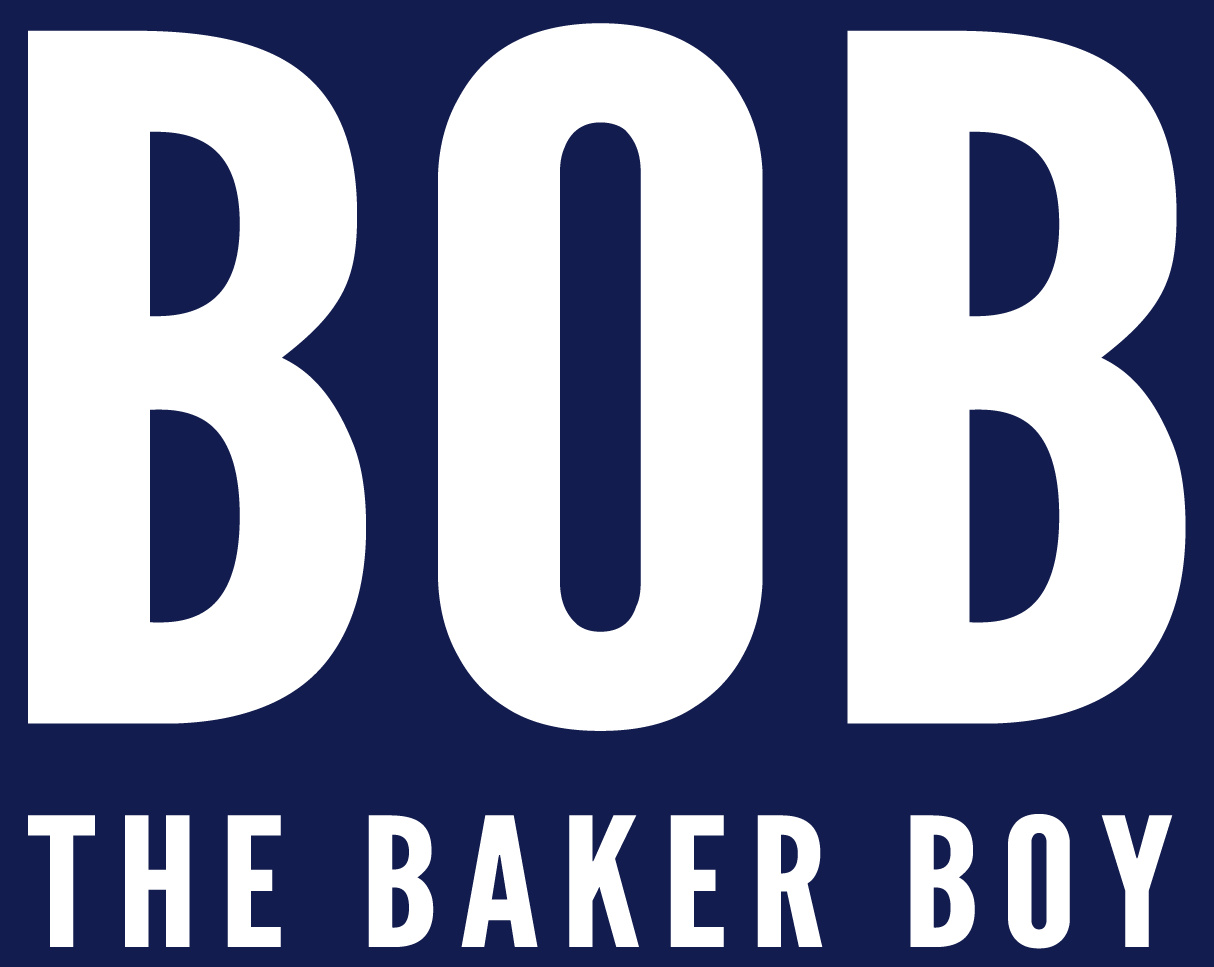No data found with that ID

FREE DELIVERY ON ORDERS ABOVE $150
We offer same-day delivery for orders placed before 11:00 am (SGT).
FREE DELIVERY ON ORDERS ABOVE $150
We offer same-day delivery for orders placed before 11:00 am (SGT).
FREE DELIVERY ON ORDERS ABOVE $150
Blog not found

Bob the baker boyTypically replies within 1 hour
